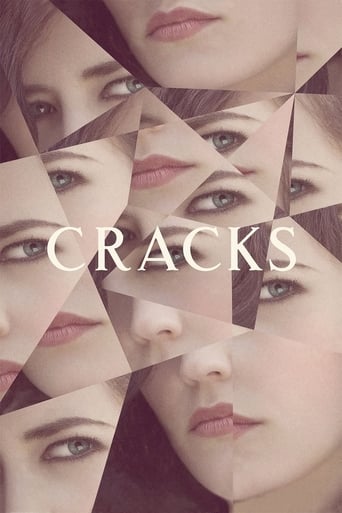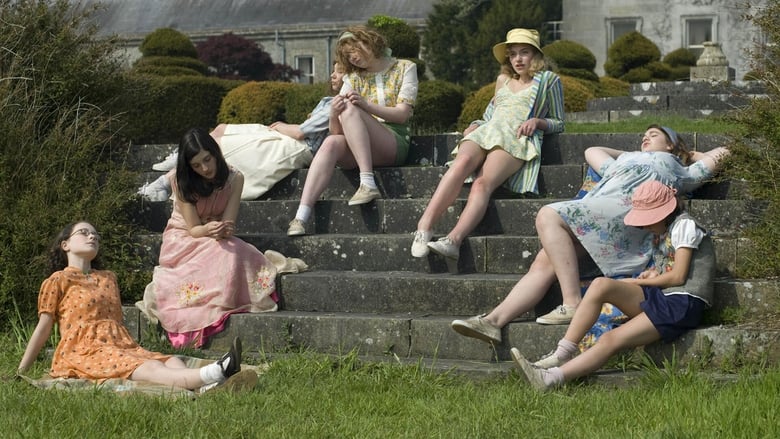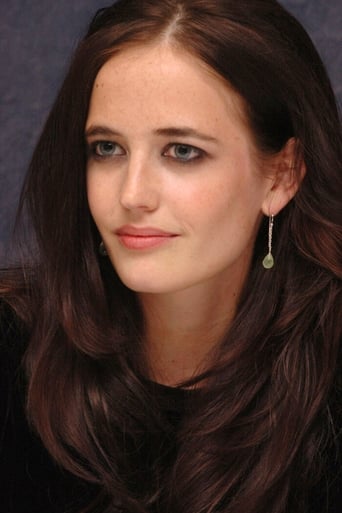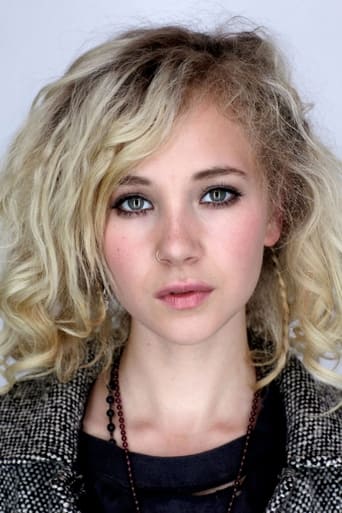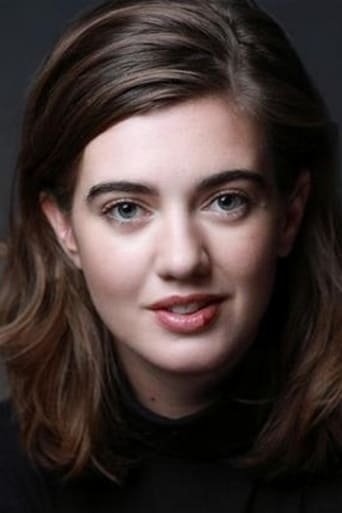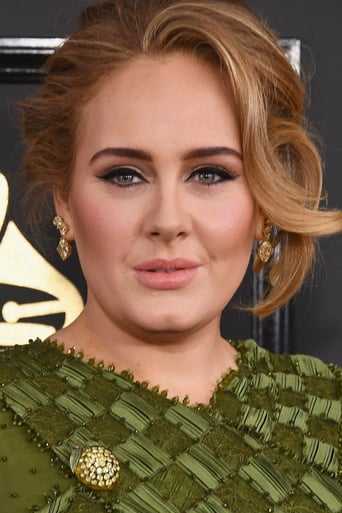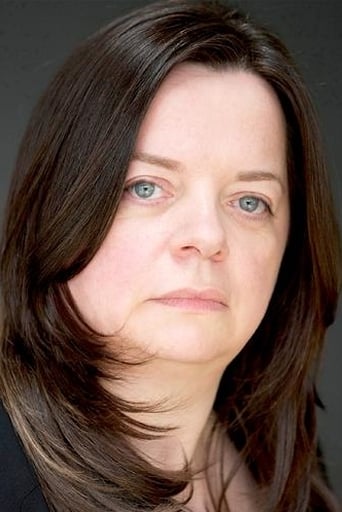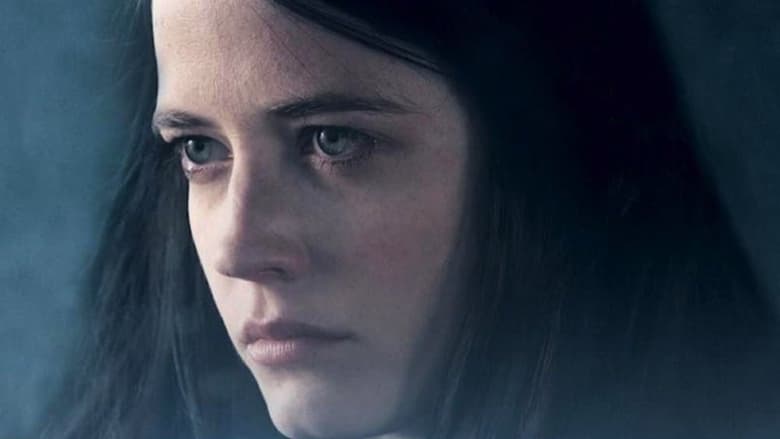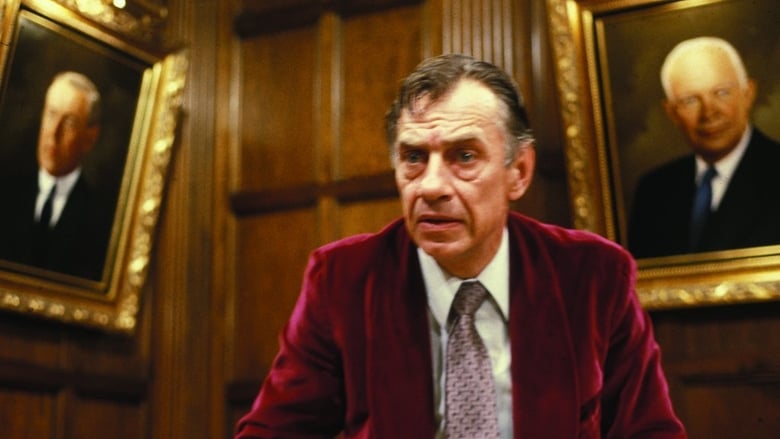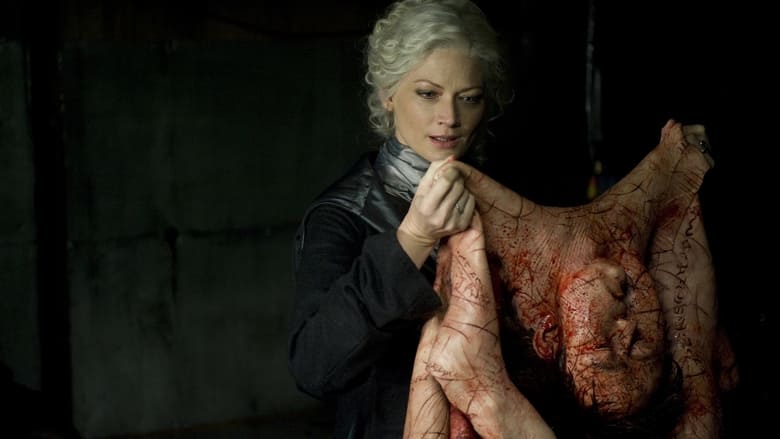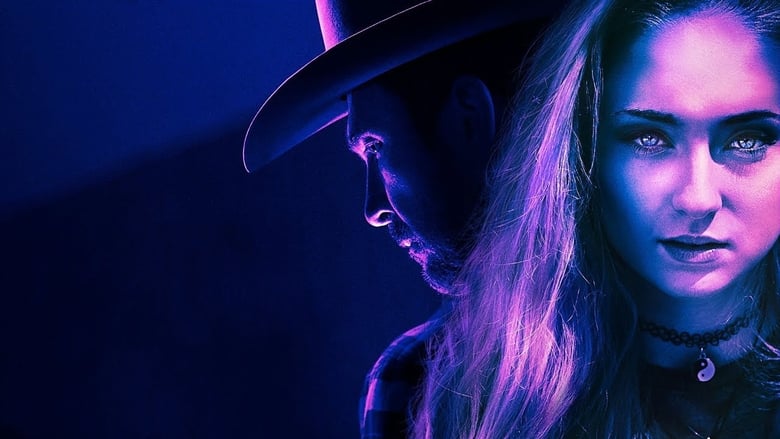Jealousy flares after the headmistress of an elite boarding school for girls becomes obsessed with a new student.


Similar titles
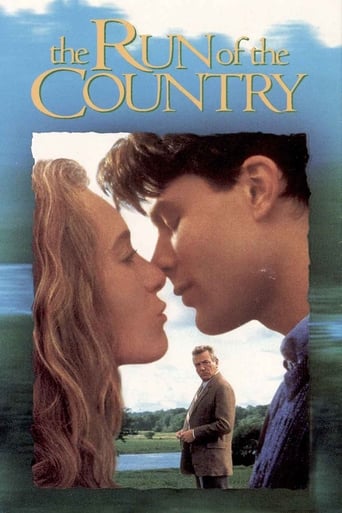
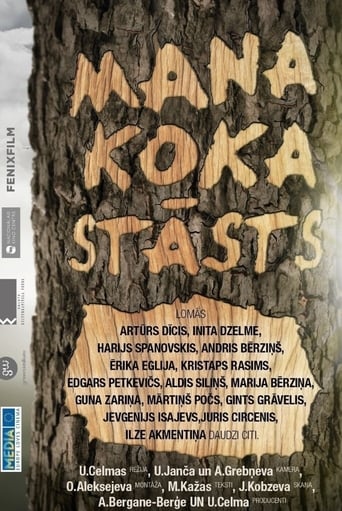
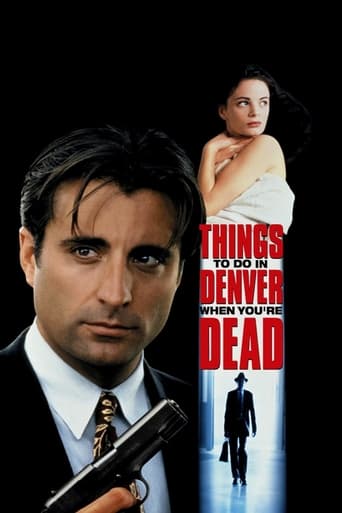

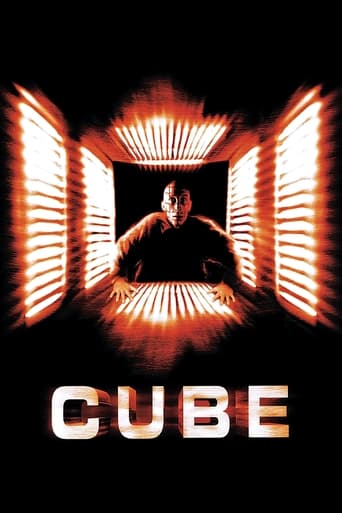

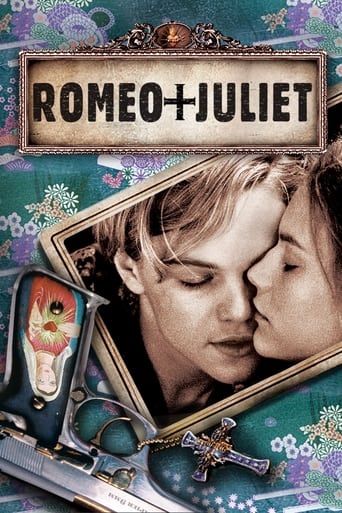
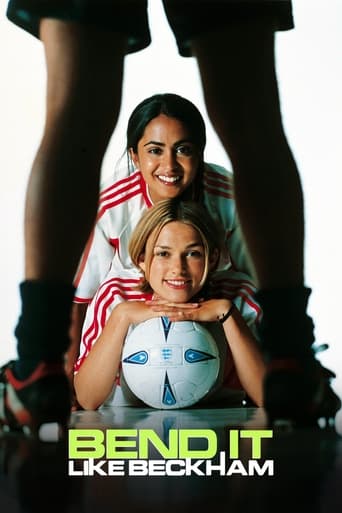
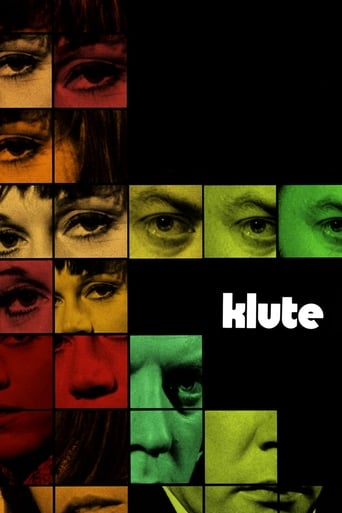
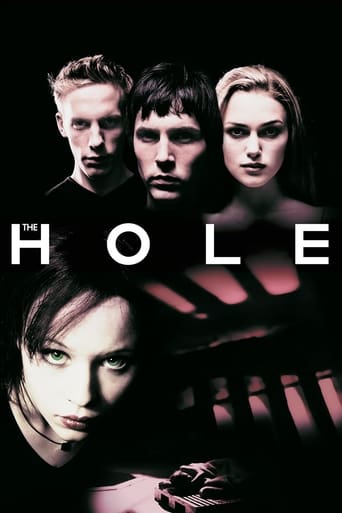
Reviews
'Cracks' is a truly beautiful film about the all-consuming power of unrequited love. I watched this film a week or two ago and it has not yet left me. I don't think it ever will.Everything about this film engaged me within the first few minutes: the musical score, the gorgeous, opening landscape shots of English fields, and of course, the very interesting abundance of female characters. I thought the casting was brilliant - Juno Temple was the perfect fit for the unique character of 'Di', as was Eva Green who played the extraordinary and inspiring 'Miss G'. Maria Valverde as the beautiful, mysterious 'Fiamma' was the icing on the cake. I, along with many other viewers (I believe) instantly fell in love with her as a character due to her poise, maturity, mystique and stunning beauty.This film is a wonderful and honest depiction of the emotionally draining spiral that holds you down when falling in love with someone who doesn't love you. Miss G's visibly deteriorating mental state as she falls in love with her exquisite student is something that deeply touched me. Eva Green's performance as Miss G is simply impeccable - she starts as a vibrant, vivacious, confident teacher whom is admired and loved by everyone. Yet, by the end of the film, she transforms into an unstable and somewhat psychologically disturbed woman who is driven crazy by her love for Fiamma. Juno Temple as Di also shined in this film, from start to finish. We see Di at the beginning of 'Cracks' as one of Miss G's most beloved, high-achieving students who can do no wrong. She is the 'leader' of the pack and is slightly intimidating to some of the younger students at the boarding school. She can certainly be sweet and sour. Di is clearly Miss G's favourite student, but when Fiamma arrives from Spain, Di's position in the group is threatened as she notices Miss G's growing affection towards Fiamma. As a result, Di becomes angry and viciously jealous, despising Fiamma's every breath. Juno Temple's ability to portray these two sides of Di is a talent of its own that should be commended.I adored this film for its honesty, as well as its exploration of not just a teacher-student relationship, but a lesbian teacher-student relationship that is unrequited. The film does not show long-winded scenes of Miss G and Fiamma's physical activity, but in my opinion it does not need to. Every feeling these two characters experience can be observed if you watch closely - the eye contact, body language and facial expressions express a thousand words. Further, it goes without saying that 'Cracks' makes a statement about feminism and the complexity of female emotions and desires. Little to no men are part of the cast, which is something I did not even realise until the film was ending.If you are a lover of independent, raw, emotional films that challenge 'normal' relationships and stereotypes, 'Cracks' is definitely for you.
Tense and suspenseful, Cracks is a well-paced, carefully crafted period piece. It is about the consequences of creating insular environments which breed mean-spirited hierarchies and draw ill-motivated authority figures. Situations in which the authority figures empower, reward and smile upon petty tyrants because they share the same deviant mindset and orientation.In this offbeat tale of hatred and hazing, the cloistered children of favored society engage in cruel conformity at an all-girls' school in rural 1934 England. The story focuses on an elite Brody set of girls who comprise the academy's token diving team. The girls are mentored by their vapid instructor and swim coach, Miss G. (Green). (An apparent tribute to Muriel Sparks's novel and film, The Prime Of Miss Jean Brodie.) None of the students are really happy or normal. They are the issue of the minor gentry. Their absentee parents unceremoniously dump them off at St. Mathilda, and never return. Disposing of their kids frees the adults to pursue their lavish lifestyles. And the girls know it. The polite rejection, combined with a stifling parochial environment turns the kids into seething stew-pots of repressed self-doubt and resentment.A titled Spanish heiress arrives. She is a precocious and cultured patrician. Of course the other girls retaliate. Fiamma (Valverde) becomes a magnet for their jealousy, licentiousness and rage. While most of the girls lament that their parents seem to have forgotten about them and will never bring them home again, privileged Fiamma is vocally confident that her stretch will be short. Fiamma enjoys lavish gifts and delicacies from home. She shares them with her classmates while regaling them with wondrous tales of travel experiences and folklore. This only make things worse.Di Rutfield (Temple), the swim team captain, is at once overshadowed and out-performed. Fiamma outflanks her socially, culturally, intellectually, and most devastatingly of all, athletically. Di no longer sets the bar by which the other girls are measured. To the contrary, she must now measure up to it.More perilously, Di has lost her favored status as the apple of Miss G's eye. Coveted, courted and pampered by the girls' diving coach, Di was bonded to her by a barely suppressed. mutual undercurrent of romantic and sexual high voltage. Upon Fiamma's debut, Miss G's attentions shift to the enigmatic new enchantress.My own snobby boarding school wasn't Catholic, and it was well enough administered that there was a minimum of clique exclusiveness, hazing and cruelty. But oh my, do I ever recognize the personality of Miss G. She is a tortured closet lesbian, perpetually titillated by her juvenile charges. A bundle of insecurities and self-perceived inadequacies, Miss G. fortifies her ego by reveling in the matriarchal power or her position. She is quietly desperate, dangling on a smoldering time-fuse, and primed for an angry episode of sexually frustrated, catastrophic hysteria at the first hint of a substantial challenge to her authority.Damningly, Miss G. is also a fraud who recites adventures from Mary Kingsley's Travels To West Africa (1897), claiming the experiences to be her own. Having been at St. Mathilda continuously since she was a schoolgirl, Miss G. convinces her students that she's a feisty, liberated explorer. Fiamma really has traveled however, and Miss G resents it. Gifted, independent, rebellious by the standard of the day, it's obvious Fiamma is more wordily and educated than Miss G.Miss G. loves Fiamma, and she hates her. She wants to alternately kiss and slap the girl. Miss G. is drowning in a swirling infusion of hormonal captivation and intimidated insecurity. She veils her own closeted sexuality and verboten urges for Fiamma behind a tenuous mask of low key hostility. Churning under her increasingly strained visage lurks a poisonous cocktail of spite, infatuation, and abject lust. Tensions amplify. Fiamma, Di, and Miss G. square off. Together they plunge into a sensational maelstrom of bitter jealously, taboo coitus, madness, and salacious mayhem.As in William Golding's novel Lord Of The Flies, there's an irony at play in Cracks. In Golding's work, which has inspired several films, schoolboys are sent away from England to protect them from war violence. Yet they promptly do battle with each other upon being shipwrecked. Becoming utter barbarians, they revert to the trees within hours of marooning.In Cracks the girls study Christian values, social and intellectual refinement, self control and etiquette. When Fiamma smashes their authoritarian hierarchy, the schoolgirls' cultural and humanist graces evaporate. Collectively, they atavistically plunge to the lowest common denominator of bilious rivalry, sexual jealousy and brutality.Cracks carries strong shadings of the Muriel Sparks novel and film, The Prime Of Miss Jean Brodie, but it takes a dark departure. Tense, suspenseful, Cracks' gorgeous cinematography and top tier production values accentuate its thoughtfully plotted storyline. The result is a salacious firecracker of a picture! Cracks is a must-see experience for fans of such films as Heavenly Creatures, Loving Annabelle, and Picnic At Hanging Rock.
I came across this film out of desperation the other night...just wanting to watch something decent. What I found was a gem of a movie. I wasn't familiar with anyone in the cast except Eva Green from Dark Shadows, who I didn't really have an opinion of either way and I'm not a fan of boarding school movies of any sort, but I watched it anyway. Eva Green, as Miss G, was completely captivating and I could picture myself having a school girl crush on her when I was in high school...or heck, maybe even now. Her character comes across as educated, well traveled and totally alluring in every way...until a Spanish transfer student comes to the school and she begins to unravel. The film is beautifully shot and the music is a perfect compliment to it. I really can't wait to see what else Jordan Scott does next.
"Cracks" (2009) is a blend of "The Prime of Miss Jean Brody" (1969) and "Atonement" (2007), but ultimately it is unique enough to maintain considerable originality. The principle casting is especially good with Maria Valverde excellent and Eva Green (much like Elizabeth Hartman) able to nicely tap into her inherent shyness and bring a more powerful authenticity to her character. And Juno Temple (a ringer for a young Glenda Farrell if you watch a lot of 30's films) is quite simply a force to be reckoned with, something you already know if you have watched her in other films.What follows is full of spoilers as I am trying to assist people in understanding the story. So if you have not watched I suggest you stop reading and come back for the rest after your first viewing. Then watch it again as like most really good films it withholds at lot of its pleasure for multiple viewings.So here are a few thoughts from my twisted mind: You only begin to understand what the screenwriter/director is trying to say when you realize that the story is being told entirely from Diana's (Juno Temple) point-of-view and the other characters are simply plot devices to illustrate Diana's coming of age story. Miss "G" (Eva Green) is another Miss Brodie (Maggie Smith) and Diana is another Sandy (Pamela Franklin). As in the 1969 film, the star pupil gets her back up when the teacher she worships finds someone else to be her student ideal.A key to both films is Tennyson's "The Lady of Shalott", which was quoted in "The Prime of Miss Jean Brody". "When the Moon was overhead, Came two young lovers lately wed; "I am half sick of shadows," said The Lady of Shalott." In the poem she is a magical being who lives alone on an island upstream from King Arthur's Camelot. Her purpose is to look at the world outside her castle window in a mirror, and to weave what she sees into a tapestry. She is forbidden by the magic to look at the outside world directly. Looking at the world in a mirror and depicting it in a work of art is an allegory for the life of a teacher viewing the world from an ivory tower and interpreting it for her young students.In similar ways Miss Brodie and Miss "G" are wonderful teachers and most young girls would have benefited from membership in their groups, mostly because of the breaking of conventions and the encouragement to openly explore the possibilities life offers. But both have fatal flaws. Miss Brodie is judgmental and irresponsible, full of misguided ideals and grievances, and totally confident that the world is as simplistic as she wants it to be. Miss "G's" confidence, on the other hand, is a complete facade; hiding a brittle basket case who can only bloom in the protected niche of the school, despite her seeming openness to experiencing life.Both are downbeat films but "Cracks" considerably less so. This is because while Sandy's depressing transformation into and betrayal of Miss Brodie was the principle dynamic, Diana ultimately wises up to the folly of what her teacher is about. And Diana's atonement is a very positive one.Once you understand that Diana's growth is the principle dynamic, the rest of the story fits together rather smoothly. The fatal attraction of Miss "G" to Fiamma (Maria Valverdeis) is almost a Hitchcock McGuffin, in that it provides a lot of character motivation but is ultimately just a plot device.Interestingly the climatic scene comes well before the end of the film. It is the scene where Diana is helping Fiamma put on makeup for their "Eve of St. Agnes" feast. The importance of the scene (and the reason they linger on Fiamma's eye contact) is that it is at this point that a part of Fiamma's spirit becomes a part of Diana, something which symbolically happened when Fiamma gave her the bottle several scenes earlier. And Diana takes both bottle and spirit with her when she leaves the island at the end. In "Jane Eyre" this same dynamic occurs between Jane and Helen; with the gentle spirit of Helen passing to Jane and ultimately being the transformative force in her life.Although I love this climatic scene, my favorite scene comes a bit later when Diana is alone with the headmistress in her office. I think that I like it so well because for a first time director, Jordan Scott has an intuitive grasp of the limitations of sentimentality and she creates a scene which affects the viewer in a way they cannot help, and they cry. This can be wonderful but a director must carefully employ it because it will not work if the viewer picks up on "false" sentimentality. So unlike such scenes in many movies, Juno Temple (who has no lines in the scene) is not weeping, trying to get you to weep. Instead she is trying not to cry; and the scene is so much more powerful because of this restraint, the slick way the scene is edited, and the talent for nonverbal acting that Temple brings to the film.The ending of "Cracks" is both moving and intriguing, in large part because of the slick editing. They cut between shots of the girls reading a note and shots of the exiled Miss "G" unpacking and staring at a photo of her team. Then the audio reveals it is Diana's atonement note, at which time the editor cuts to a shot of Diana sitting on the ferry with the book, the bottle, and their map. The film goes out on a shot of Diana's face; as she is leaving the cloistered island to take the path in life that she believes Fiamma would have taken.Then again what do I know? I'm only a child.
